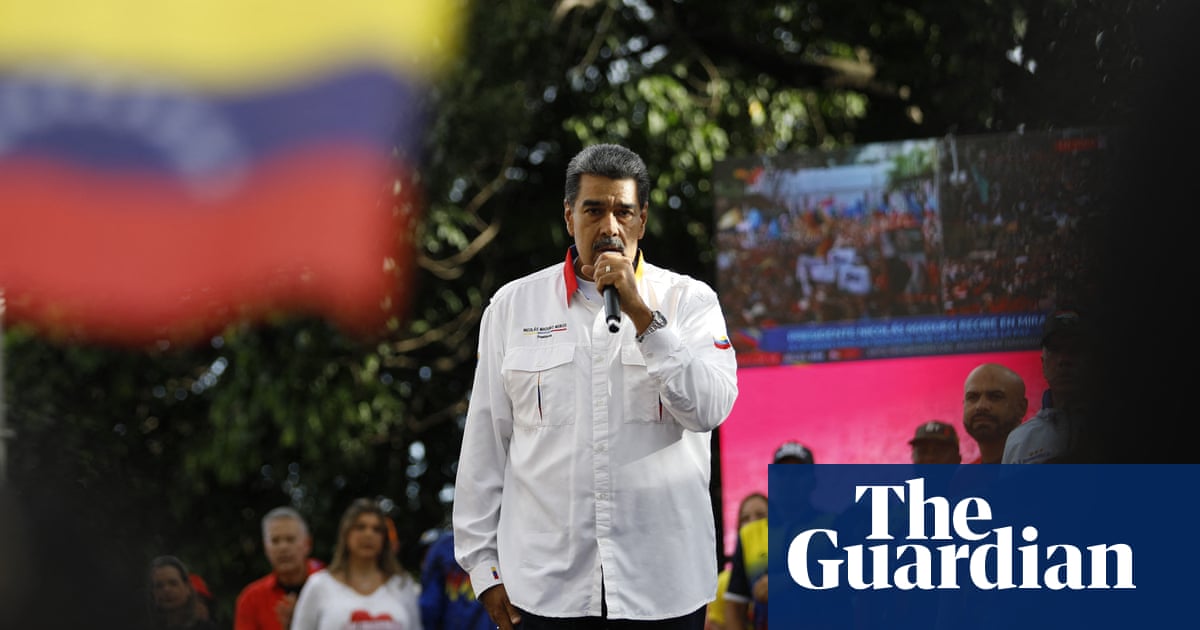Five members of Venezuela’s political opposition have left the Argentinian diplomatic compound in their country’s capital, Caracas, where they had sheltered for more than a year to avoid arrest, and were in the United States on Tuesday, US secretary of stateMarco Rubiosaid.
Rubio did not provide details of the group’s movements to reach the US, but he described the event as a rescue operation.
The government of Venezuelan president Nicolás Maduro did not immediately comment on the situation.
“The US welcomes the successful rescue of all hostages held by the Maduro regime at the Argentinian embassy in Caracas,” Rubio said on X. “Following a precise operation, all hostages are now safely on US soil.”
The government of Argentinian president Javier Milei allowed the five people into the ambassador’s residence in March 2024, when authorities loyal to Venezuela’s ruling party issued warrants for their arrest, accusing them of promoting acts of violence to destabilize the country.
The group included the campaign manager and communications director of opposition leader María Corina Machado.
Machado, also on X, thanked people involved in what she called an “impeccable and epic operation for the freedom of five heroes of Venezuela”.
Since late November, the group had denounced the constant presence of intelligence service agents and police outside the residence. It had also accused the government of cutting electricity and water services to the compound. The government had denied the allegations.
A sixth person, Fernando Martinez, a cabinet minister in the 1990s, sheltered with the group for nine months. Martinez abandoned the compound in mid-December and, according to Venezuelan authorities, appeared before prosecutors. He died in February.
Maduro’s government routinely targeted its real or perceived opponents ahead of last year’s presidential election, and its crackdown on dissent only increased after the country’s national electoral council, which is stacked with Maduro loyalists, declared him the winner despite credible evidence to the contrary.
The election results announced by the electoral council sparked protests across the country to which the government responded with force and ended with more than 20 people dead. They also prompted an end to diplomatic relations between Venezuela and various foreign countries, including Argentina.
In August, Brazil accepted Argentina’s request to guard the diplomatic compound in Caracas after Maduro’s government expelled its diplomats when Milei said that he would not recognize “another fraud”.
But a month later, Venezuela revoked Brazil’s authorization to guard the facility, alleging it had evidence of the use of the premises “for the planning of terrorist activities and assassination attempts”.
Brazil and Argentina have rejected those accusations.
Milei said in a statement on Tuesday that the operation “represents an important step in defending freedom in the region”.
